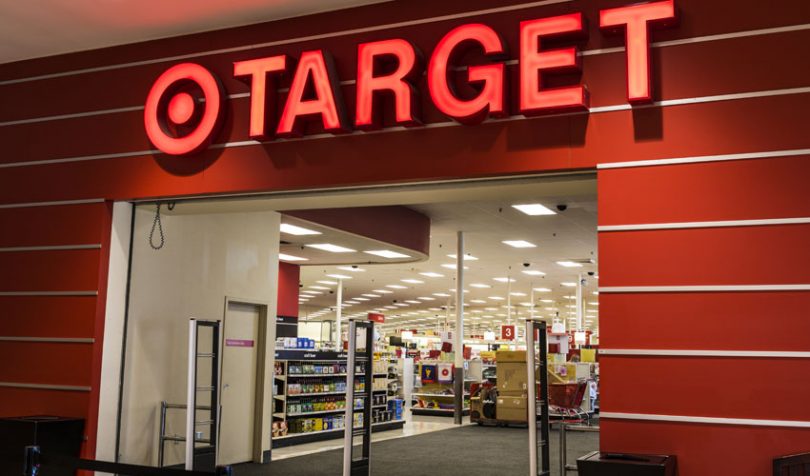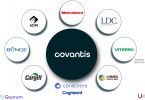Major U.S. retailer Target is contributing to the Hyperledger Grid supply chain project. Target published a blog post about a test blockchain project the company worked on to help to certify suppliers for its own-brand paper products. But as it was progressing research, it became aware of the Hyperledger Grid project for supply chain tools and decided to support it.
Hyperledger Grid is a new project launched late last year as an offshoot of the Hyperledger Sawtooth project. It was founded by agribusiness company Cargill, one of Target’s suppliers, as well as Intel and Bitwise the primary Sawtooth maintainers.
Target’s paper certification project was open sourced as ConsenSource and one of Target’s developers on that project Adeeb Ahmed is now contributing to Hyperledger Grid. At the moment he’s working on “Grid Product” a solution that enables participants to share product master data such as the product id (GTIN), the organization, product name and description. It’s designed to comply with GS1 standards.
The idea is to separate this static product data, from the dynamic details that are likely to be stored on a blockchain such as time, location and temperature details.
In the April blog post (highlighted by CoinDesk), Target’s Joel Crabb talks about some blockchain challenges. He found setting up the blockchain relatively simple but deciding what data to include more challenging. He commented: “Solving distributed transactions within our own ecosystems was a hard task; imagine solving distributed transactions with several companies at once!”
Crabb expressed a desire for Cargill and Target to learn from each other as blockchain technologies evolve. And given it’s working with a supplier, identifying the use case is more straight forward. “Maturity in this space will take time, but we’ll only get there when enterprise partners like Target and Cargill dive in together,” wrote Crabb.
Cargill is also involved in a consortium, the so-called ABCCD group of the world’s largest agribusiness companies. The group aims to explore digitizing agribusiness processes and blockchain will play an important part.






